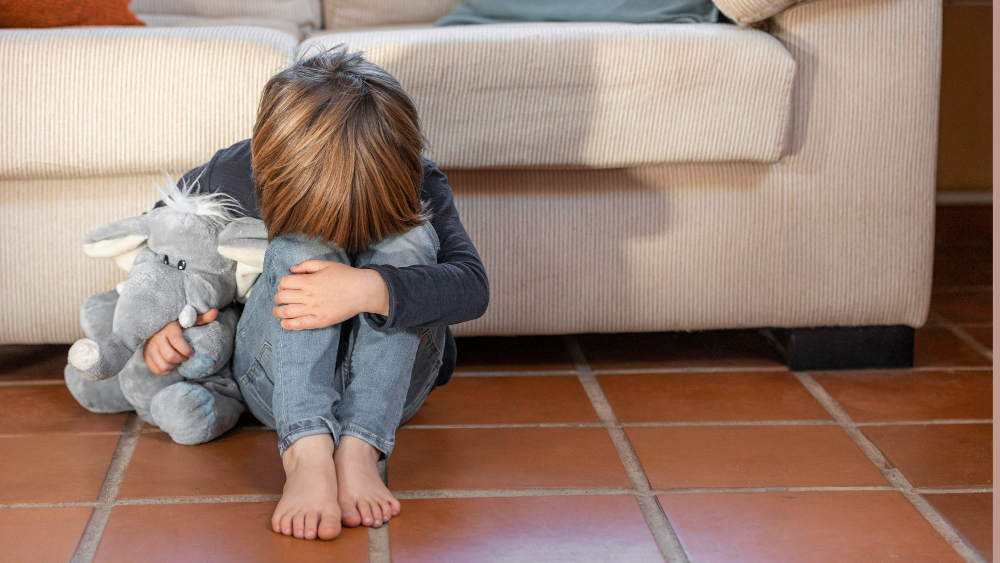Is Homework Really Effective? We Don’t Think So.
The debate surrounding homework's effectiveness is not new. For decades, educators, parents, and researchers have discussed whether assigning homework truly benefits students. Those in favor of it argue it instills discipline, reinforces classroom learning and prepares students for the workplace. Critics of homework maintain that homework can be counterproductive, has little to no correlation to achievement and causes stress and burnout.
At Rainard we side with the research that suggests homework is not best for students. While students may have projects they may work on at home, we do not assign homework to our students. Here’s our reasons why.
Minimal Correlation Between Homework and Achievement
There are many studies which conclude that the correlation between homework and student achievement is minimal at best. In National Differences, Global Similarities by David P. Baker and Gerald K. LeTendre, they found the countries who assigned the least amount of homework, Denmark and Czech Republic, had much higher test scores.
Alfie Kohn, the author of The Homework Myth: Why Our Kids Get Too Much of a Bad Thing, suggests there is no evidence of academic benefit from assigning homework in elementary or middle school. He proposes the idea that homework, in most cases, has little to do with actual learning and more to do with the notion that children must have something to do every night. Homework tends to be more about rogue memorization rather than the development of understanding the material.

Homework Has A Negative Impact on Well Being
In December 2021 the Surgeon General issued a public health advisory of a youth mental health crisis. Most of this conclusion was based on pre-pandemic data. Our children’s mental health is struggling and it seems like homework loads are not helping.
Denise Pope, co-author of a study on homework and mental health published in the Journal of Experimental Education found that 56% of the students in the study cited homework as a primary stressor in their lives.“We found a clear connection between the students’ stress and physical impacts – migraines, ulcers and other stomach problems, sleep deprivation and exhaustion, and weight loss,” Pope mentions.

Diminishing Returns of Homework
There is research which supports the diminishing returns of homework. The idea is as the amount of homework increases, the effectiveness of that homework decreases. Kohn believes homework kills curiosity, something that can be detrimental to gifted and talented students. He states, “If all you want is to cram kids’ heads with facts for tomorrow’s tests that they’re going to forget by next week, yeah…But if you’re interested in kids who know how to think or enjoy learning, then homework isn’t merely ineffective, but counterproductive.”
Quality Over Quantity
Most studies in support of homework focus on test scores and quantity of homework, not on the quality of the homework being assigned. How much information did you actually retain from the tests you crammed for? Probably not much. However, if a research project was assigned where you had to seek out information for yourself, chances are, you retained much more of the information. Bottom line, children’s cognitive abilities will benefit more from going to the zoo, a museum, or exploring a park near their house more after school than sitting at the kitchen table doing two hours of homework.

Alternatives to Homework
Alternatives to homework at Rainard include techniques such as project based learning, hands on activities, and in class discussions. All of these techniques have been proved to engage students more effectively and may lead to better understanding and thus retention of material.

